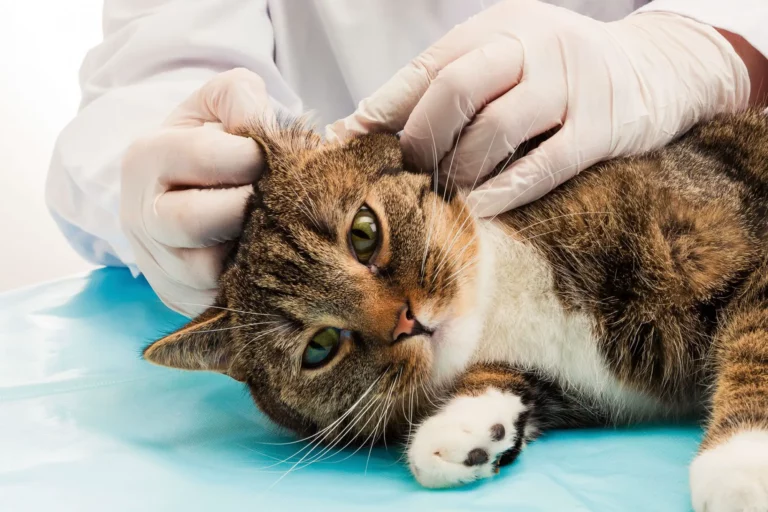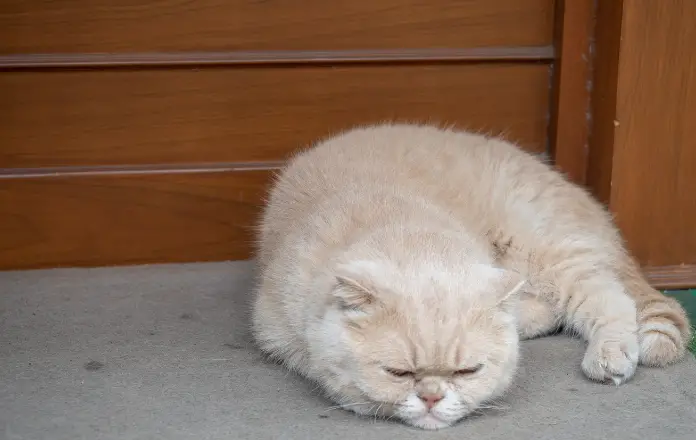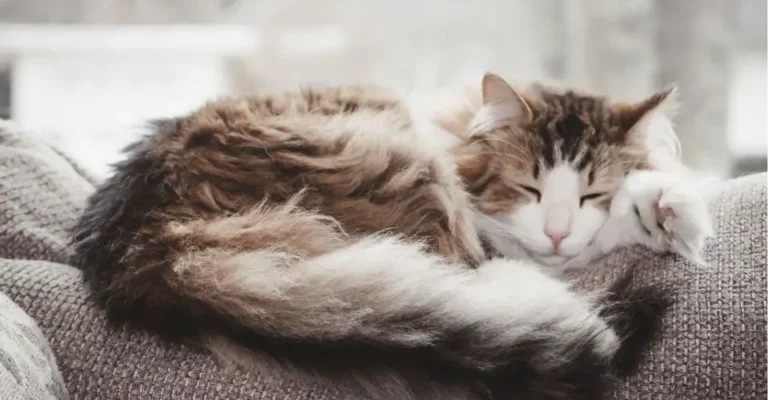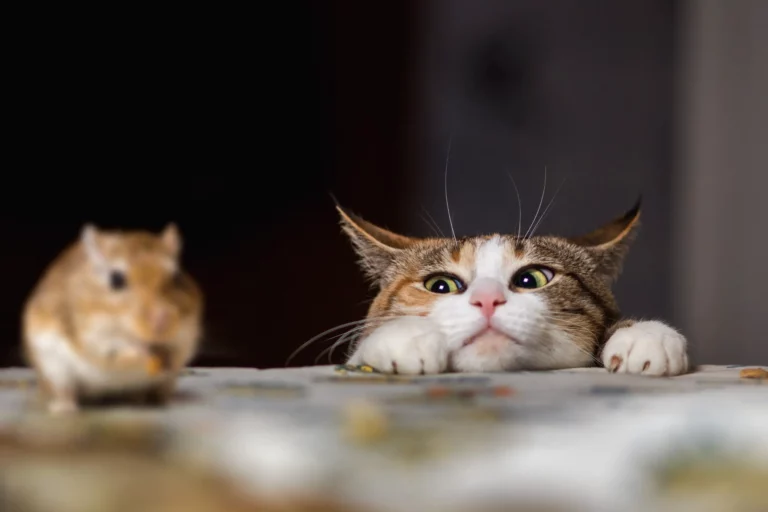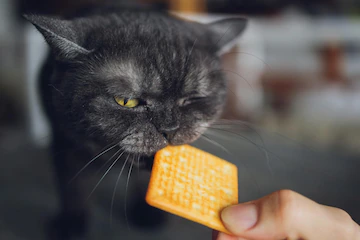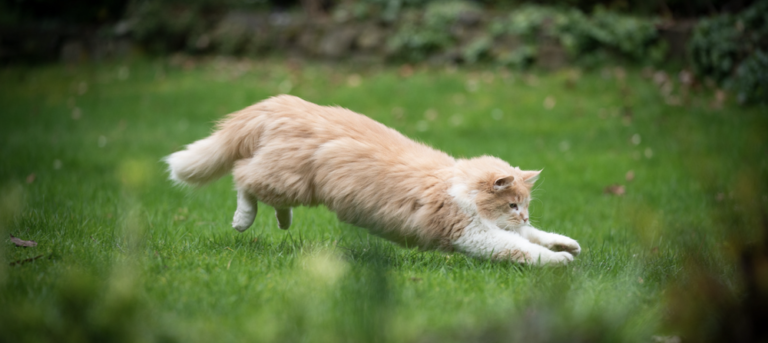6 Bad Things About Ragdolls You Need To Know
Ragdolls, affectionately known as “puppy-like cats,” are beloved by many for their striking beauty and gentle nature. But it’s essential to recognize that, like any pet, owning a Ragdoll comes with both highs and lows.
In this comprehensive guide, we delve into all aspects of living with these fluffy felines, painting a full picture of the good, the bad, and everything in between.
The aim? To help potential and current Ragdoll owners make informed decisions about their furry companions.
Key takeaways
Ragdolls need regular grooming, are prone to health conditions, and crave companionship.
They’re prized for their temperament, sociability, and adaptability.
Behavioral issues can occur and may indicate stress or health problems.
Owning a Ragdoll requires a financial commitment to care and potential health treatments.
Ragdolls are ideal for family settings but require respectful interactions.
Senior Ragdolls need regular vet visits, a balanced diet, and lots of love.
Short Answer
Ragdolls are charming pets known for their friendly nature and striking appearance. However, they also come with unique needs, potential health issues, and certain behavioral challenges. Balancing these factors can help owners forge a rewarding bond with their Ragdolls.
No products found.
6 Bad Things About Ragdolls
1) Grooming Needs of Ragdolls
The silky, semi-longhaired coat of a Ragdoll cat is one of its most distinctive features. However, this beautiful fur requires regular grooming to prevent matting and hairballs. The grooming routine often includes daily brushing to remove loose hair and distribute skin oils, regular nail trims, and occasional baths.
As a cat owner, you need to ensure that you have the time and patience to maintain your Ragdoll’s coat in top condition.
2) Genetic Health Conditions in Ragdolls
Like many purebred animals, Ragdolls can be predisposed to specific genetic health conditions. One of the most prevalent issues is hypertrophic cardiomyopathy, a form of heart disease. Another common health concern is polycystic kidney disease.
These conditions require regular veterinary screenings and can lead to significant healthcare costs. Owners must be prepared for this potential financial and emotional investment.
3) Separation Anxiety in Ragdolls
Ragdolls are well known for their affectionate and sociable nature. They form strong bonds with their human companions and often seek their company. This dependency, however, can lead to separation anxiety when they are left alone for prolonged periods.
Symptoms can include excessive meowing, restlessness, and even destructive behavior. As a Ragdoll owner, it’s essential to ensure that your lifestyle can accommodate the social needs of your cat.
4) Unusual Aggression in Ragdolls
Though Ragdolls are renowned for their gentle and relaxed temperament, there can be situations where they exhibit aggression. This is generally a response to feeling threatened, anxious, or unwell.
Owners need to learn how to recognize these signs of distress and address the underlying issue, which may require behavioral training or veterinary intervention.
No products found.
5) Dietary Needs of Ragdolls
Given their larger size compared to some other breeds, Ragdolls have specific dietary needs. A balanced diet rich in high-quality proteins, essential vitamins, and minerals is vital to maintaining their overall health and managing their weight.
Feeding your Ragdoll low-quality cat food can lead to nutritional deficiencies or obesity. As a Ragdoll owner, you need to consider these dietary needs, which may lead to higher food costs.
6) Indoor Living for Ragdolls
Ragdolls are indoor cats and are often described as lacking “street smarts.” Their friendly, trusting nature puts them at risk if they venture outdoors unattended. As an owner, you must ensure that you provide a safe and stimulating indoor environment for your Ragdoll cat.
This can involve investing in cat trees, interactive toys, and dedicated playtime to keep your Ragdoll entertained and physically active.
Understanding Ragdolls
Ragdolls are a fascinating breed, boasting a rich coat, captivating blue eyes, and a size that’s a touch larger than your average housecat. They carry an irresistible charm that often stems from their unique blend of beauty and sociability.
However, misconceptions float around, painting an inaccurate portrait of this breed. Many believe Ragdolls are hypoallergenic, a myth likely fueled by their silky, mat-resistant fur.
In reality, no cat breed is entirely hypoallergenic, including Ragdolls. Understanding the true nature of these cats can equip owners to provide them with the care they deserve.
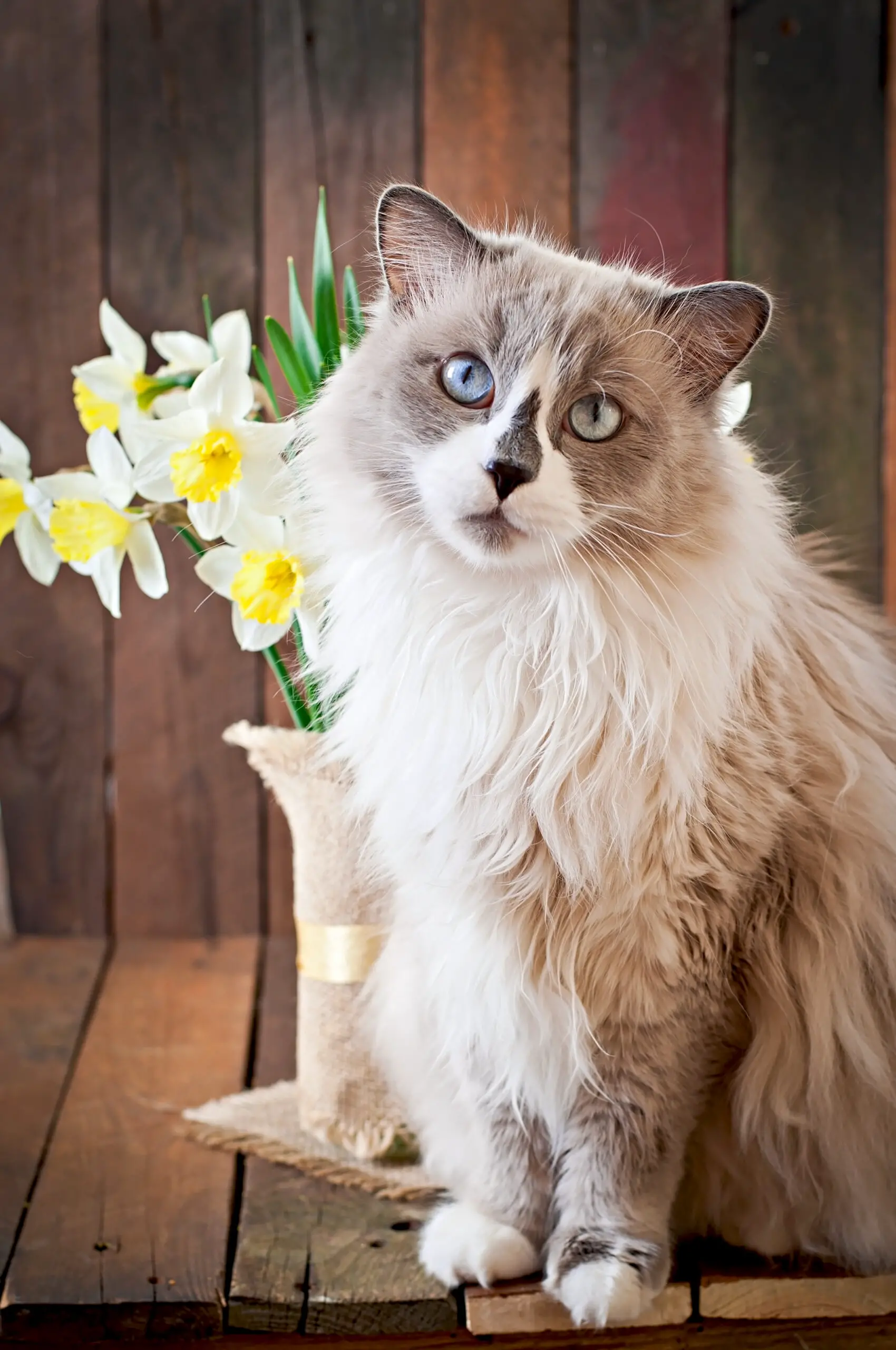
No products found.
Common Concerns with Ragdolls
Ragdolls, like any breed, present their own set of challenges. Firstly, their long, luxurious coat demands regular grooming to prevent mats and hairballs. While not as high-maintenance as some long-haired breeds, skipping a grooming session isn’t an option.
Healthwise, Ragdolls are predisposed to certain conditions like hypertrophic cardiomyopathy and polycystic kidney disease. Regular veterinary check-ups are crucial for the early detection and management of such issues.
Their specialized diet further calls for careful attention, making balanced, high-quality cat food a must for these felines.
Ragdolls and Their Owners
A distinctive trait of Ragdolls is their deep attachment to their human companions. These cats are known for their loving nature and crave constant companionship. While this creates a bond like no other, it can pose problems if they’re left alone for extended periods.
Ragdolls might display separation anxiety, leading to stress and potential behavior issues. It’s important for potential owners to consider their lifestyle and availability before bringing a Ragdoll into their home. Remember, these cats need more than just feeding and grooming; they need your time and affection too.
Dealing with Ragdolls’ Size
Surprisingly large for a domestic cat, Ragdolls can weigh anywhere between 10 to 20 pounds, with males typically on the heavier end. This heft means they need sturdy, durable cat furniture that can comfortably bear their weight. Your average cat tree may not suffice for these substantial felines.
Moreover, their size can make them a little clumsy in smaller spaces. Owners living in compact apartments should ensure enough space for their Ragdoll to move around without knocking things over. After all, these gentle giants deserve room to roam.
Positive Traits of Ragdolls
With their striking appearance and loving nature, there’s a lot to admire about Ragdolls. Known for their placid temperament, Ragdolls are often a perfect fit for families with children or other pets. They’re calm, easygoing, and adapt well to a variety of home environments.
These cats are also remarkably affectionate and sociable. They enjoy human company and aren’t shy about expressing their love. Whether they’re following you around the house or curling up in your lap, their endearing antics are sure to melt your heart. A Ragdoll’s love, after all, is a gift to cherish.
Behavior Problems in Ragdolls
While Ragdolls are generally well-behaved, they may occasionally exhibit behavioral problems. Some Ragdolls can become territorial, displaying aggression towards other pets or even their human companions. They may also show signs of anxiety, especially when faced with changes in their environment or routine.
Keep in mind, Ragdolls are highly sensitive cats that thrive on routine and familiarity. Changes should be introduced gradually to prevent stress. If you notice sudden or drastic changes in your Ragdoll’s behavior, it’s advisable to consult a veterinarian or a cat behaviorist. Early intervention can often prevent minor issues from escalating.
Owning a Ragdoll
Owning a Ragdoll cat isn’t a light financial commitment. The initial cost of purchasing a purebred Ragdoll can range from $800 to over $2000 depending on the lineage. And that’s just the beginning. Their diet, regular vet check-ups, grooming needs, and other essentials can add up over time.
Plus, as mentioned before, Ragdolls are prone to certain health conditions. Treating these ailments can lead to substantial veterinary bills. Pet insurance is worth considering to help cushion any unexpected costs. Before deciding to get a Ragdoll, it’s vital to ensure you’re financially ready for long-term responsibility.
Ragdolls in Family Settings
Ragdolls are often praised for their family-friendly nature. Their calm demeanor and sociability make them excellent companions for households with children and other pets. These cats are usually patient, and they tolerate handling well, which is a big plus if you have younger kids.
However, it’s crucial to teach children how to interact respectfully with the cat to avoid any potential stress or injury. Similarly, if you have other pets, gradual introductions, and proper socialization are key to fostering harmonious relationships. A happy Ragdoll is one that feels loved and secure in their home environment.
Ragdolls in Their Golden Years
As Ragdolls age, their needs and behaviors may change. They may become less active and their dietary needs may shift. Moreover, like any senior pet, older Ragdolls have an increased risk of developing age-related health issues such as arthritis or kidney disease.
However, these golden years can be a beautiful time, filled with tranquility and deep companionship. Regular vet check-ups, a balanced diet, and lots of love can help ensure your Ragdoll cat ages gracefully. Remember, old age isn’t a disease, but a stage of life that requires our understanding and care.
Related:
FAQ on Ragdolls
1. What are the cons of owning a Ragdoll cat?
Owning a Ragdoll cat comes with a few challenges. These include their grooming needs due to their long fur, their tendency to develop certain health conditions, and their deep attachment to their owners which can lead to separation anxiety.
2. Do Ragdoll cats have problems?
Like any breed, Ragdolls may have their share of problems. They can develop genetic health conditions like hypertrophic cardiomyopathy and polycystic kidney disease. Behaviorally, they can become anxious if left alone for too long.
3. What are the behavior issues with Ragdoll cats?
While generally well-behaved, some Ragdolls may display territorial behavior or signs of anxiety, especially in response to changes in their environment or routine.
4. Can Ragdolls become aggressive?
While aggression is not typical of the breed, Ragdolls, like any cat, may exhibit aggressive behavior if they feel threatened, stressed, or unwell. It’s always crucial to understand the cause of aggression and address it appropriately.
Final Thoughts: Embracing the Good and the Bad
Owning a Ragdoll cat is indeed a balancing act. While they come with their set of challenges, their positive traits make them incredibly endearing companions.
Yes, they require regular grooming, can be prone to certain health conditions, and need a lot of attention, but they also bring boundless love, warmth, and a unique charm to your home.
Ragdolls are truly an embodiment of the phrase “every rose has its thorns”. As a potential or current owner, it’s important to be informed about both the good and the bad. It’s about accepting them for who they are, thorns and all, because, in the end, the joy they bring to our lives far outweighs the challenges.
References:
- “The Bad Things About Ragdolls You Need to Know” – Ragdoll Cats World.
- “The Worst Things About Living with a Ragdoll Cat” – Veterinary Hub.
- “The Unfortunate Side of Owning a Ragdoll” – Animals Log.
- “Understanding the Downsides of Ragdoll Cats” – Pet Creeks.

